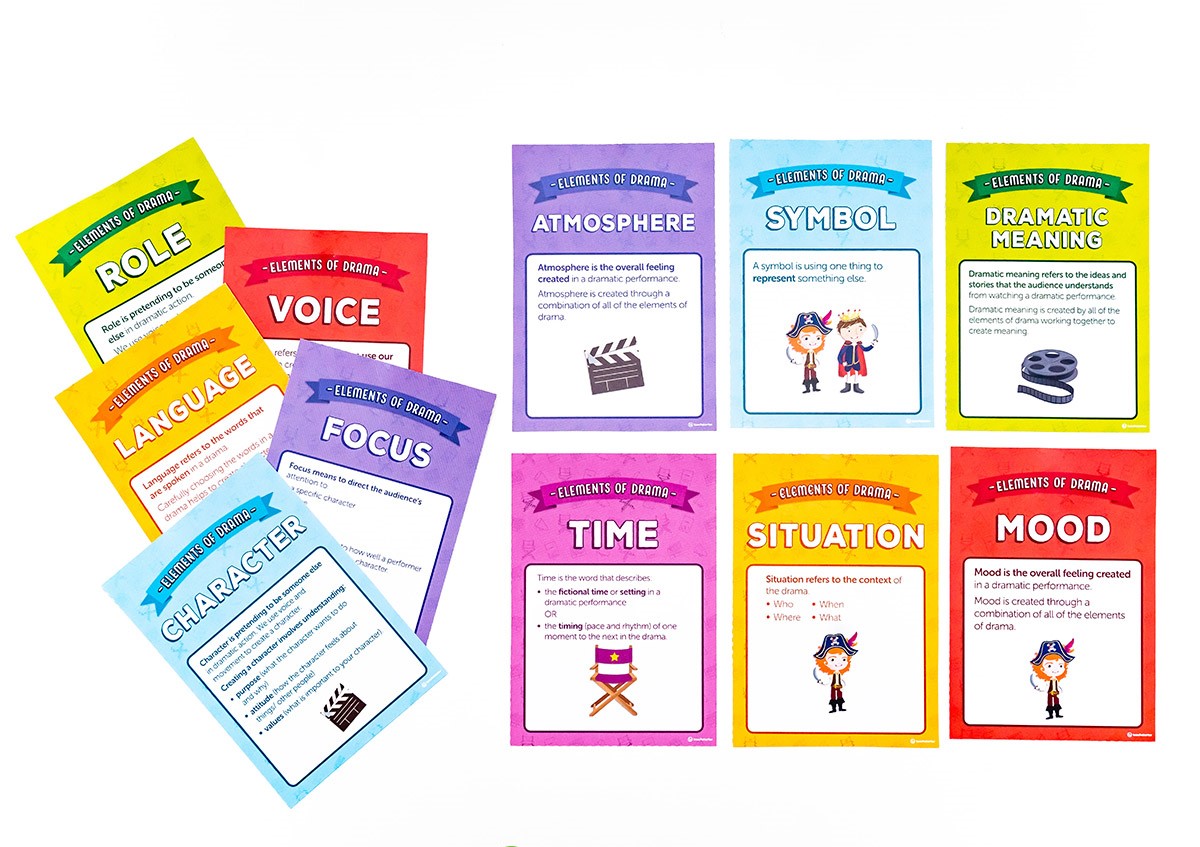Perfectionism in students can be a double-edged sword. On one hand, it drives them to achieve excellence; on the other, it can lead to unnecessary stress, anxiety, and a fear of failure. Recognizing this, educators and parents have a critical role in helping students manage their perfectionist tendencies. Here are 11 strategies and tips for guiding students towards a healthier approach to their achievements and goals.
1. Set Realistic Expectations: Encourage students to set attainable goals rather than lofty ideals. Help them understand that perfection is not always possible and that making mistakes is a natural part of learning.
2. Focus on the Process: Shift the emphasis from the final result to the effort and progress made along the way. Appreciate the dedication it takes to work through challenges.
3. Encourage a Growth Mindset: Teach students that intelligence and abilities can develop with effort and time. Failure is not an endpoint but an opportunity for growth.
4. Promote Healthy Self-talk: Help students become aware of critical self-talk and replace it with positive affirmations that recognize effort rather than just outcomes.
5. Redefine Success: Work with students to develop a personal definition of success that is based on their values and efforts rather than external measures or comparisons with others.
6. Limit Comparison: Encourage students to focus on their own growth instead of comparing themselves to peers, which can reinforce perfectionist tendencies.
7. Teach Time Management Skills: Break tasks into manageable segments so that students do not feel overwhelmed by aiming for perfection in a massive undertaking all at once.
8. Provide Constructive Feedback: Offer feedback that acknowledges strengths and also guides improvements without harsh criticism.
9. Model Balanced Behavior: Demonstrate through your own actions how to strive for high standards without being debilitated by the pursuit of perfection.
10. Encourage Breaks and Self-Care: Teach students the importance of rest, relaxation, and self-care as part of maintaining balance and preventing burnout.
11. Seek Professional Support if Necessary: Recognize when a student’s perfectionism may require professional help, such as counseling or therapy, and guide them or their families towards appropriate resources.
By employing these strategies, teachers, parents, and mentors can support students in developing resilience against the pressures of perfectionism while fostering a healthy drive for excellence.





